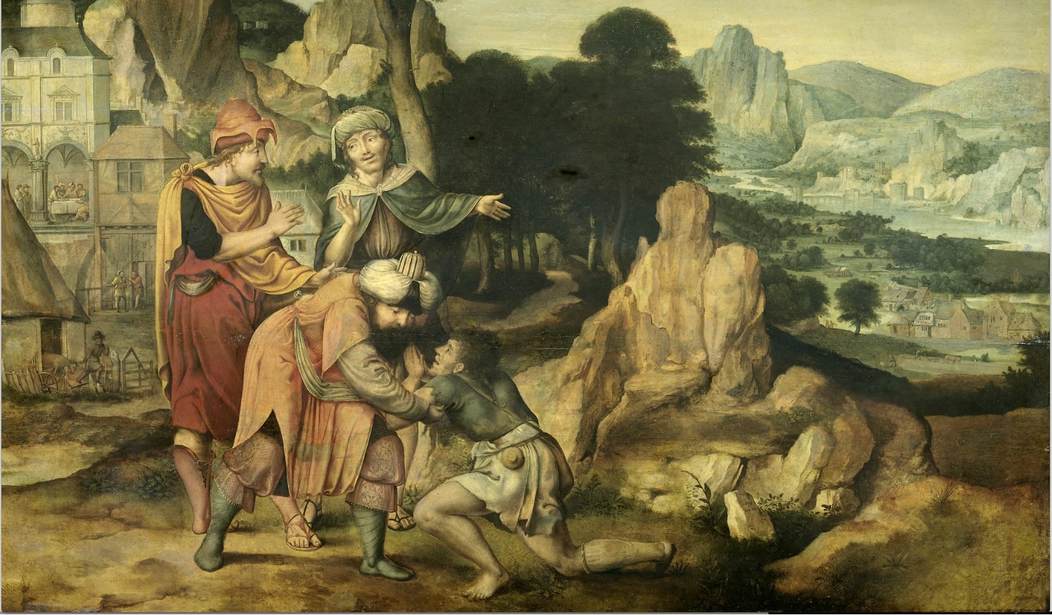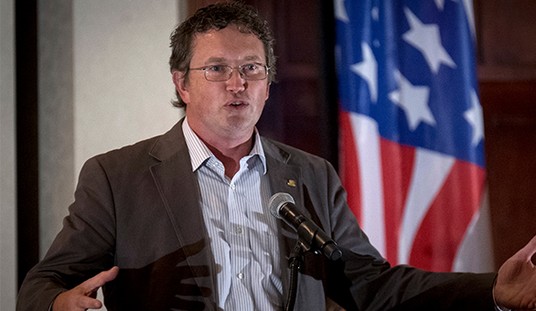I’m sure I’ve written about this before, but I came to faith in Jesus at an early age. It was a logical decision for me — something that just made sense. I grew up in church and was almost always the “good” kid, so I didn’t have a dramatic conversion experience or any seasons of backsliding.
I have a confession to make: Sometimes I can get a little jealous of people who have interesting testimonies. I mean, the world needs to hear stories like mine, too, but they’re not always as interesting.
At the same time, some people resent those who come to faith in Jesus at a later age or after a wild or heavily sinful life. Someone with a messy past walks into a church, finds hope and peace in Jesus, and begins serving alongside the people who have been part of the church for a long time. “Well, I’ve been serving for decades, and they just showed up,” the long-timers might say.
As Harrison Garlick explains at The Ascent:
Have you ever seen this?
News hits social media that a great sinner has converted to Christianity, and some Christians become very angry at the news. They respond with skepticism, disbelief, and claims the conversion is not real.
There are many reasons a Christian may act this way—but one deeper reason is that they fundamentally misunderstand the purpose of the Christian life.
For example, a girl leaves a life of pornography and gives her life to Jesus—and the anger and bitterness many Christians express is rooted in a feeling that it is unfair.
How can someone who lives a great life of sin suddenly be the same as someone who has strived for holiness his or her whole life? Are they the same? How is that just?
It’s a similar mindset to that of the brother of the prodigal son. After the father welcomed the younger son back home and called for a party to celebrate:
Now his older son was in the field, and as he came and drew near to the house, he heard music and dancing. And he called one of the servants and asked what these things meant. And he said to him, ‘Your brother has come, and your father has killed the fattened calf, because he has received him back safe and sound.’ But he was angry and refused to go in. His father came out and entreated him, but he answered his father, ‘Look, these many years I have served you, and I never disobeyed your command, yet you never gave me a young goat, that I might celebrate with my friends. But when this son of yours came, who has devoured your property with prostitutes, you killed the fattened calf for him!’ And he said to him, ‘Son, you are always with me, and all that is mine is yours. It was fitting to celebrate and be glad, for this your brother was dead, and is alive; he was lost, and is found.’
Luke 15:25-32 (ESV)
“The older brother should always rejoice alongside the angels when a sinner converts. In one way, he is the same as the younger brother, equal in receiving the unmerited gift of eternal life,” Garlick writes. “In the other way, he is not the same. The younger brother will just be beginning his journey, while the older is much further along in his ascent to God.”
Related: Sunday Thoughts: Don't Be Like the 'Church Kids'
There are shades of the older brother’s attitude in the parable of the laborers in the vineyard:
For the kingdom of heaven is like a master of a house who went out early in the morning to hire laborers for his vineyard. After agreeing with the laborers for a denarius a day, he sent them into his vineyard. And going out about the third hour he saw others standing idle in the marketplace, and to them he said, ‘You go into the vineyard too, and whatever is right I will give you.’ So they went. Going out again about the sixth hour and the ninth hour, he did the same. And about the eleventh hour he went out and found others standing. And he said to them, ‘Why do you stand here idle all day?’ They said to him, ‘Because no one has hired us.’ He said to them, ‘You go into the vineyard too.’ And when evening came, the owner of the vineyard said to his foreman, ‘Call the laborers and pay them their wages, beginning with the last, up to the first.’ And when those hired about the eleventh hour came, each of them received a denarius. Now when those hired first came, they thought they would receive more, but each of them also received a denarius. And on receiving it they grumbled at the master of the house, saying, ‘These last worked only one hour, and you have made them equal to us who have borne the burden of the day and the scorching heat.’ But he replied to one of them, ‘Friend, I am doing you no wrong. Did you not agree with me for a denarius? Take what belongs to you and go. I choose to give to this last worker as I give to you. Am I not allowed to do what I choose with what belongs to me? Or do you begrudge my generosity?’ So the last will be first, and the first last.
Matthew 20:1-16 (ESV)
I know this is a lot more blockquoting than original content, but it’s essential to let the scripture speak. None of us earns our salvation; the only thing we’ve earned in our lives is death (see Romans 6:23).
No amount of “being good” can make up for the weight of our sin. No amount of bad behavior makes one too far gone when one kneels before the cross.
Jesus’s blood is enough to cover the ex-con, the drug addict, the promiscuous, and the embezzler. It’s equally enough to cover the sins of the “good kids.”
I think heaven is going to surprise us — both by who’s there (and maybe who isn’t) and by who isn’t complaining about who’s there. I can’t wait to be surprised.
We love the idea of grace until it lands in someone else’s lap first. In this week’s Sunday Thoughts, I talk about the vineyard workers, the prodigal’s brother, and why we all need a little humility when grace shows up late.
Help us fulfill our mission of telling stories of faith. Join PJ Media VIP now — 74% off with the promo code POTUS47.










Join the conversation as a VIP Member